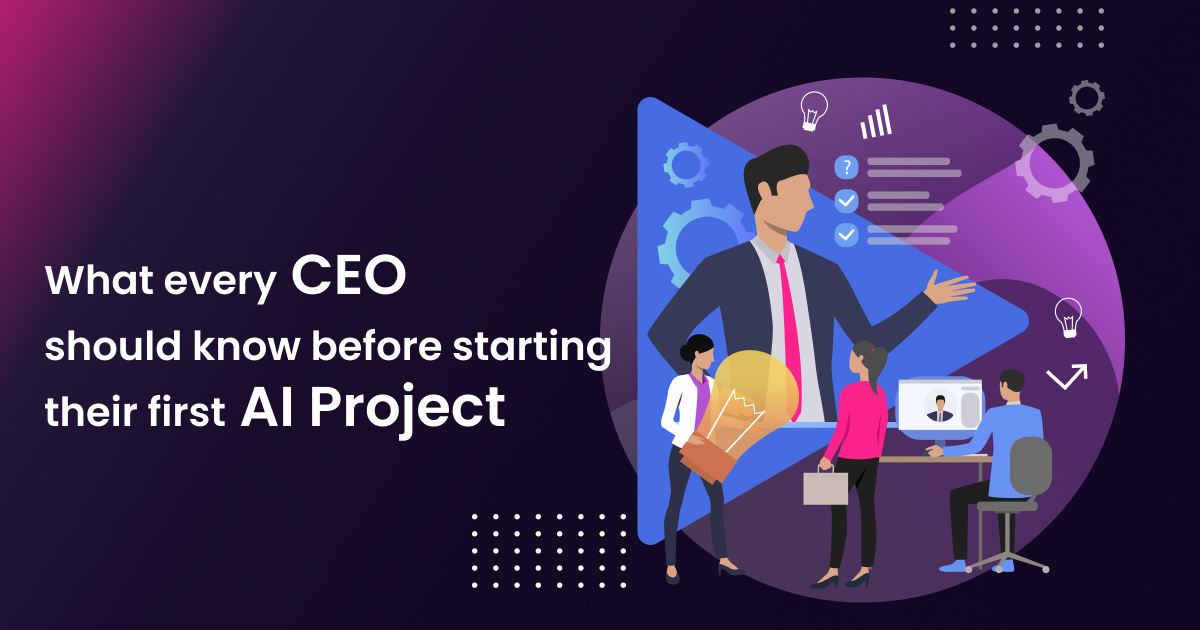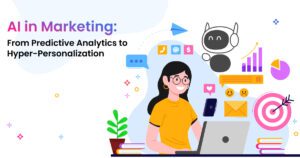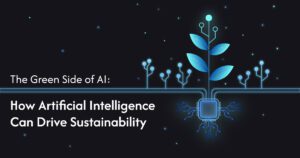What Every CEO Should Know Before Starting Their First AI Project


Many leaders believe the biggest hurdle in artificial intelligence is the technology choosing the right model, algorithm, or cloud platform. This is a critical information gap. The real, and far more costly, challenge is identifying and verifying the right talent to build it. This oversight leads to stalled projects and wasted budgets, as teams struggle with talent that looks impressive on paper but cannot deliver in practice. The hidden consequence is a loss of competitive advantage and a demoralized engineering team. A systematic approach is essential, especially when up to 87% of data science projects never make it into production. This guide provides a new framework to close this gap, ensuring your AI implementation is built on a foundation of proven expertise.
The excitement around AI often masks a fundamental operational weakness: traditional hiring processes are not equipped to evaluate elite AI talent. Your standard resume screen and behavioral interview cannot reliably distinguish between a candidate who has read about machine learning and one who has successfully deployed production-grade systems.
This verification gap creates significant business risk. A mis-hire in a critical technical role doesn’t just delay a timeline; it can poison the data, introduce architectural flaws, and erode stakeholder confidence. The financial impact is severe. A bad hire at the management level can cost a company upwards of 15 times their annual salary when you factor in recruitment costs, lost productivity, and the impact on team morale.
For a CTO or engineering leader, the pressure is immense. You are accountable for delivering results, but your success is dependent on a talent market filled with unverified claims and mismatched skills. The root of AI project failure isn’t a lack of ambition; it’s a lack of a reliable system for securing the right people.
To succeed, you must shift your focus from a tech-first to a talent-first mindset. A successful AI strategy depends more on the people executing it than the specific tools they use. The Talent-First Framework realigns your approach around three core principles of verification.
Building a rigorous, in-house vetting process for specialized AI roles is a significant undertaking. It requires time, resources, and expertise that many companies, especially those early in their business AI adoption, simply do not have. This is where a dedicated talent platform becomes a strategic enabler.
By partnering with a service that specializes in pre-vetted AI experts, you bypass the friction and uncertainty of the open market. This is why platforms like Expertshub.ai implement a multi-stage verification process that assesses everything from technical depth to communication and strategic thinking. You gain immediate access to a pool of proven talent, allowing you to scale your team with precisely the skills you need, exactly when you need them.
This model offers a flexible and capital-efficient way to drive your AI projects forward without the overhead and risk of traditional hiring. You can hire with confidence, knowing every candidate has already cleared a high bar for excellence.
Adopting a talent-first framework does more than just help you make a single good hire. It fundamentally de-risks your entire innovation portfolio and creates a lasting competitive advantage. When you can consistently and reliably access elite AI talent, your organization’s capabilities transform.
This isn’t just theory; it’s a proven driver of value. Companies with mature AI adoption report 3.5x more business value than those in the early stages. Accessing pre-vetted AI experts through Expertshub.ai is the fastest way to build this mature capability and unlock that exponential value.
Not necessarily. For many initial projects, hiring a fractional or contract expert is a lower-risk, faster way to get started. It allows you to prove the concept and demonstrate value before committing to the significant expense of a full-time team.
While there is an overlap, AI requires a deeper focus on statistical understanding, experimental mindset, and data intuition. A great software engineer can build a robust system, but a great AI expert knows how to design and validate a model that learns and adapts to solve a complex business problem. The vetting must test for this unique combination of skills.
Ultimately, a successful AI strategy is a talent strategy. By focusing on a rigorous, skills-first verification process, you move from hoping for a good outcome to engineering one.
Browse our elite, pre-vetted AI talent profiles to hire with confidence.


